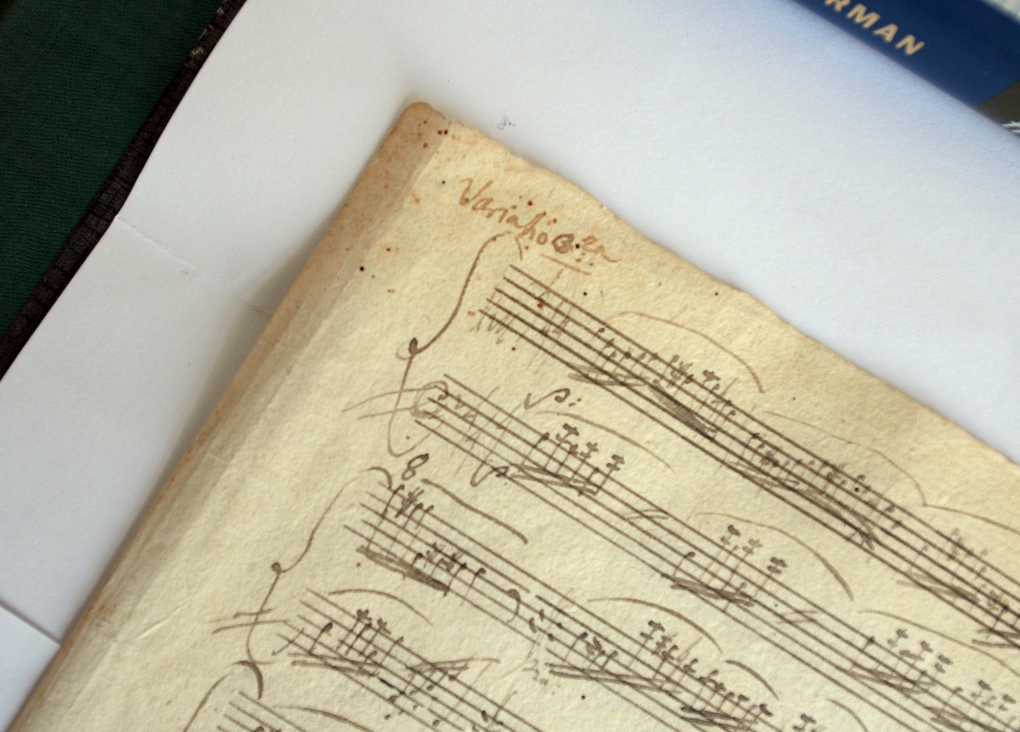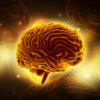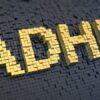In a truly remarkable study released in the journal Scientific Reports, a group of researchers at Dartmouth–Hitchcock Medical Center and Dartmouth College unveiled the therapeutic potential for reducing symptoms of refractory epilepsy through auditory exposure to Mozart’s Sonata for Two Pianos in D Major (K448).
During their study, researchers conducted tests on the brains of 16 adult participants by the use of electroencephalography (EEG). The participants recruited had a history of refractory epilepsy.
The electrical activity of the participants’ brains was measured using the EEG. Upon testing, the participants were instructed to listen to a series of 15 or 90-second musical segments involving Mozart’s K448.
“Here, we measured the influence that K448 had on intracranial interictal epileptiform discharges (IEDs) in sixteen subjects undergoing intracranial monitoring for refractory focal epilepsy,” according to the study’s authors.
It was determined that listening to at least 30 secs of Mozart’s K448 led to an estimated 66 percent reduction in epilepsy-associated electrical activity spikes in the brain. The study also led to potential positive emotional responses to the musical piece, also contributing to its purported therapeutic effects.
The changes observed among the participants were said to be most prominent in the brain’s left and right frontal cortices, commonly attributed to the regulation of emotional responses.
“These results suggest that the “Mozart K448 effect” is dependent on the duration of exposure and may preferentially modulate activity in frontal emotional networks, providing insight into the mechanism underlying this response,” the study’s authors explained in their published journal release.
“Our findings encourage the continued evaluation of Mozart’s K448 as a noninvasive, non-pharmacological intervention for refractory epilepsy.”
The results were published online on September 16th, 2021.


